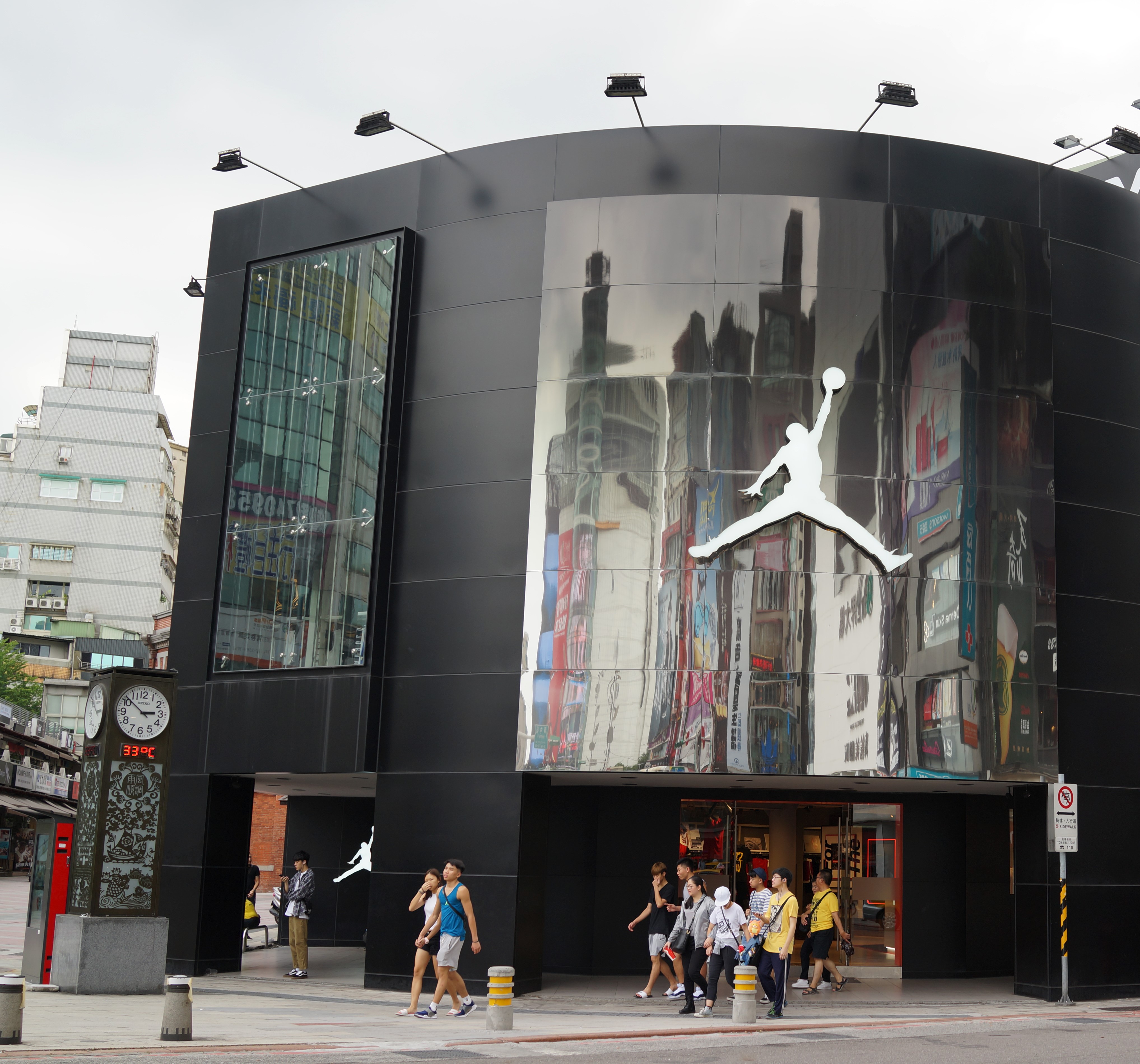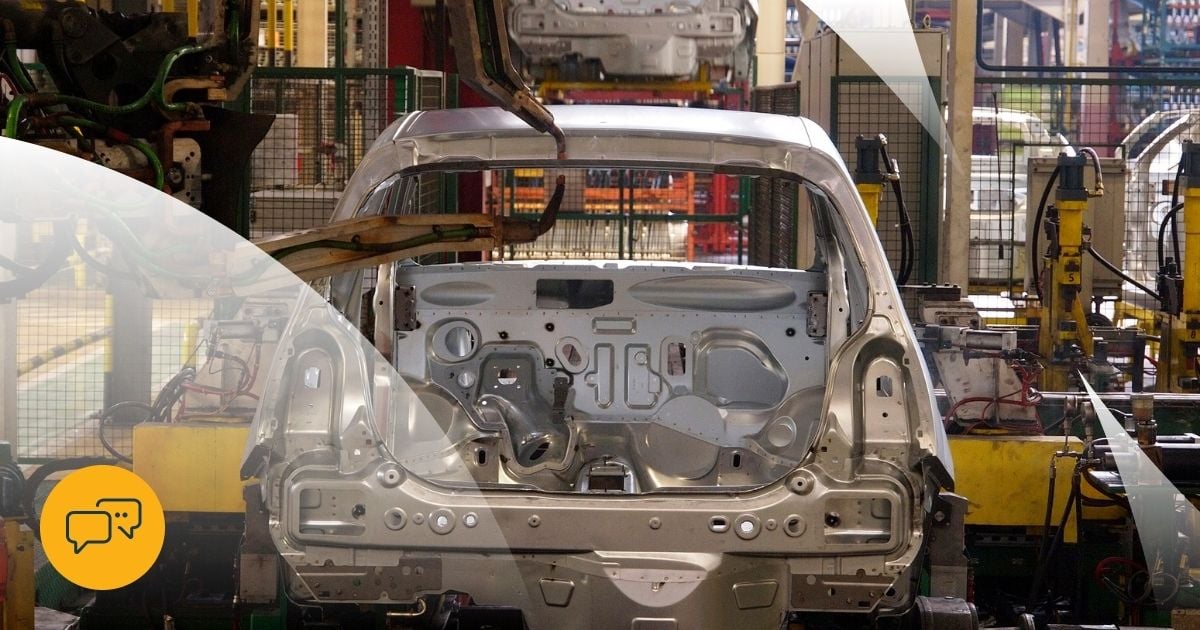This past weekend, I sat down and watched Ben Affleck's new movie Air. Upon viewing the movie, I realized this is not a basketball movie, but a sales and marketing movie about a company reinviting itself and consequently the entire sports marketing industry. Since the events covered in the film during the mid-80s, Nike has continued to push innovation on all fronts; in manufacturing, technology, marketing, and sales. But how does a company become Nike; how do you reinvent an industry? You think differently about the needs of your customer, and you put the customer engagement and servicing those needs at the center of everything you do. The customer is the product, the customer is the brand.
Nike first went public in 1980 with an IPO of 18 cents a share. They were a running shoe manufacturing company with endorsements from pro athletes like Jimmy Conners and Moses Malone. As depicted in the film Air, in 1984, Nike was a leader in the running and tennis shoes market but was nearly ready to shut down its floundering basketball division. Sonny Vaccaro and the marketing team at Nike flipped sports marketing on its head by signing rookie Michael Jordan, making him the first athlete to receive a shoe after his namesake and be paid royalties. To compete with the big brands in basketball, Nike needed a gutsy, innovative move to break through to a broader audience. Not just an audience of basketball players, fans, and playground athletes but simply an audience of "shoe-wearers." To build overall market dominance, the company made a critical shift towards being marketing-oriented instead of product-oriented. It put the customer at the forefront and focused on building the brand.
It worked, by 1991, Nike commanded 29% of the total global shoe market with sales of more than $3B. Reflecting on this transformation, Phil Knight, the CEO of Nike, admitted, “For years, we regarded ourselves as a production-oriented company, placing utmost emphasis on product design and manufacturing. However, we now comprehend that our primary task is marketing the product. We've evolved to view Nike as a marketing-oriented company, with the product serving as our most crucial marketing tool.”
In today's manufacturing, the focus on product improvement through better sourcing of raw materials, innovative design and digitalization of plant process and workflows are merely fundamentals in the delivery of products to customers. Manufacturers who want to connect to their customers in new ways that solve their business challenges and nurture those customer engagements through the entire customer journey must change how their company is viewed by their own customers and potential customers alike. This is truly transformational because there is always a better way to reach, collaborate and satisfy the customer over the entire customer lifecycle. It starts with extending the digital transformation to the edge of customer journeys. Both the beginning and the end. Pre-sales and post-sales customer engagement.
Air is a story about taking a gamble on an unknown player and building the brand around the athlete. Without the gift of hindsight, this was an incredibly risky decision, fortunately it paid off, allowing Jordan to be the trailblazers for future athletes. Nike would go on to sign some of the most recognizable athletes of the last 40 years, from Bo Jackson and Tiger Woods, to Lebron James and Kobe. The little company in Oregon was still creating the same quality product, but they were able to make the customer feel like they could achieve the same greatness as the athletes who represent the shoe. They focused on the customers needs, not their product's characteristics.
When manufacturers focus on how to “be” the customer's solution, their products are no longer just a part coming off an assembly line or a collection of parts produced for an order, they become the customers identity in the marketplace. In the movie, often quoted, “a shoe is just a shoe until someone steps into it” to which Michael Jordon’s mother says, “a shoe is just a shoe until my son steps in it”. As a discrete manufacturer, your customer wants your product, produced uniquely for them, to be the Air Jordan of their business. Therefore, an investment in sales and marketing through technology can help manufacturers transform their business beyond the plant floor and balance sheet to that which represents the customer in the marketplace. The sales process must convince the customers that they can "Be Like Mike". A good example, the firetruck manufacturer is the perfect representation of the firefighter’s brand; clean, functional, purposeful, safe, and worthy of investment. The product is the brand.
In Mind Cloud is a digital sales platform that supports the total digital transformation of manufacturing sales by allowing the entire organization to focus on the customer from the very first introduction including marketing and sales. By focusing on what the customer needs and communicating to each customer that it can, in fact, be produced for the right price, with the right materials every time with confidence, the customer can select a manufacturer that does not just produce a product for them, but rather represents their brand. This is how Nike was able to separate from the competition and evolve from being a shoe company, to a lifecycle brand. In the same way, In Mind Cloud allows your customer to feel like they are the Michael Jordan of their industry. Our platform combines sales CRM, penny-precise CPQ and a post-sale commerce platform to support the total customer relationship. By outfitting your sales organization with a digital sales platform, sales, marketing, product, plant all have visibility into the needs of the customers, they can craft the exact right product and service that customers needs throughout their lifecycle engagment.
Recently, Nike opened new regional distribution centers and launched a "sole train" to transport items to market, faster. With AI (Artificial Intelligence) and machine learning, Nike is leveraging technology to enhance consumer experience and ensure sustainability. This should sound familiar as manufacturing in the US is seeing a return to North America to offer a faster time to market for its finished goods and avoid shipping and trade bottlenecks that hampered the economy post-Covid. Nike is focusing on what is good for their customers. Manufacturers are doing the same and that starts with enabling their sales organization to meet the needs of every customer individually, to the extent possible using tools that deliver with innovation, precision, and speed. This safeguards profits, customer satisfaction and future innovation.
Watching this movie made me reflect on my internship experience at In Mind Cloud. The challenge was to create social media content that highlighted how a manufacturer's focus on an investment in a manufacturing companies' sales organization can pay big returns on production and revenues. Look no further than the story of Nike.
Isn't it time to make that gutsy, innovative investment in your sales team?

 Deutsch
Deutsch








